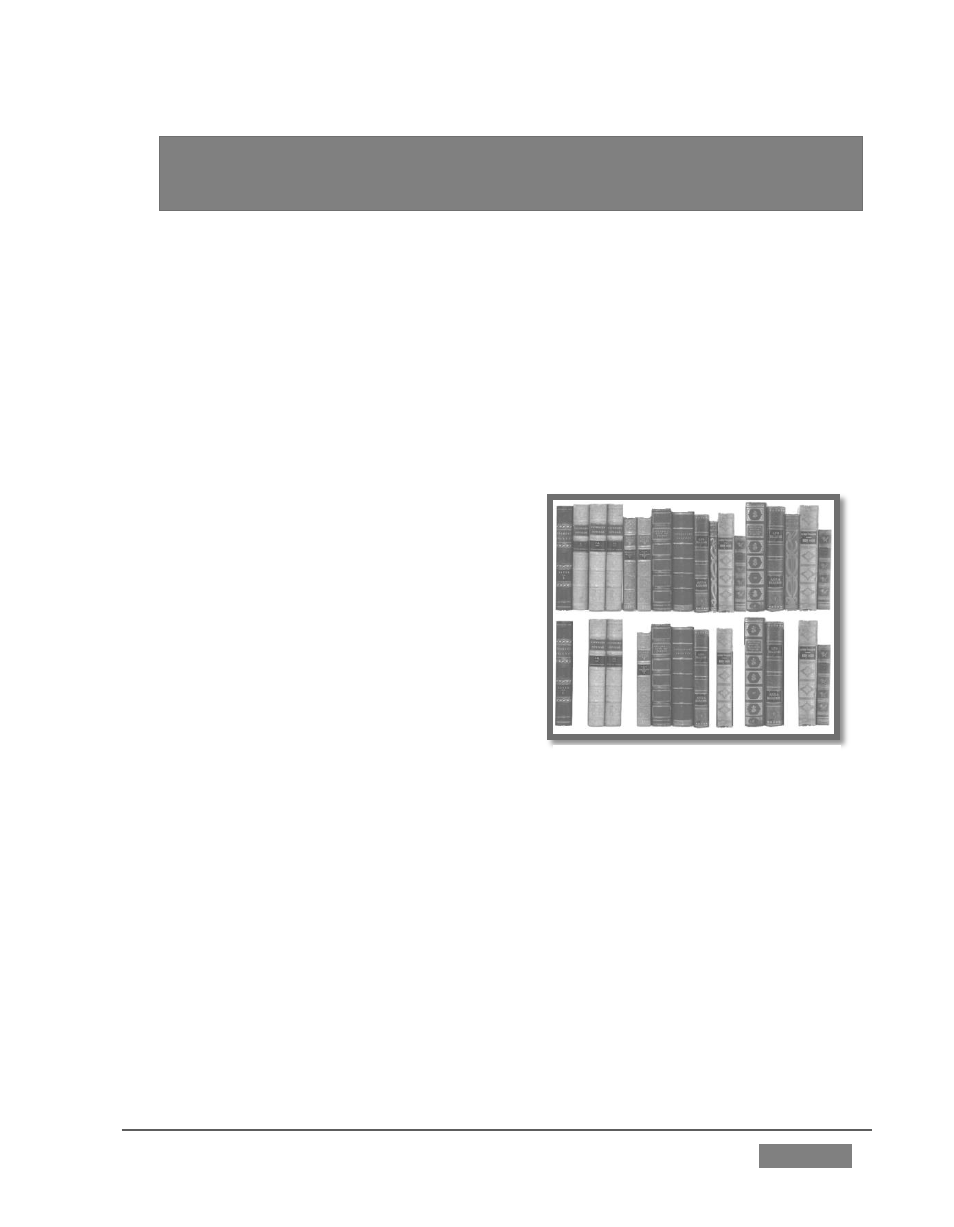NewTek TriCaster 8000 User Manual
Page 133

Page | 117
Hint: If you wish, you can instead access the same webpage from a second
computer connected to the Internet, then transfer update files to TriCaster using
a network connection or perhaps a USB thumb-drive.
Defragment all Drives
Over the course of lengthy use, data on hard drives devoted to audio and
video storage tends to become fragmented, which degrades playback
performance. Defragmenting will correct this condition.
You could think of your hard drive as being like a shelf in your library. As
time goes along, the shelf fills with books. Some are quite large, others
smaller – just as TriCaster media files may be larger smaller.
As time goes along, you decide to
remove books you have finished using
from the shelf, in order to make room
for new additions. You remove a book
here, another there, opening up gaps
between the remaining books.
This makes some shelf space available
by creating gaps between the
remaining books. Sadly, another large
new book may be too big to fit in any
one of the gaps.
A foolish librarian might tear the new book into smaller sections, just big
enough to fit into the open spaces on the shelf. This would obviously be
unwise. When you wish to refer to the book later, you will waste a lot of
time locating and assembling its sections before you can access it.
How much better it would be to slide the remaining books closer together,
combining all the free space first. Unfortunately, computers are ‘foolish
librarians’. They tend to want to fill in all the gaps in their storage areas,
even if this requires literally shredding your ‘book’ (in reality large video
files from your TriCaster sessions) into tiny fragments.
FIGURE 100